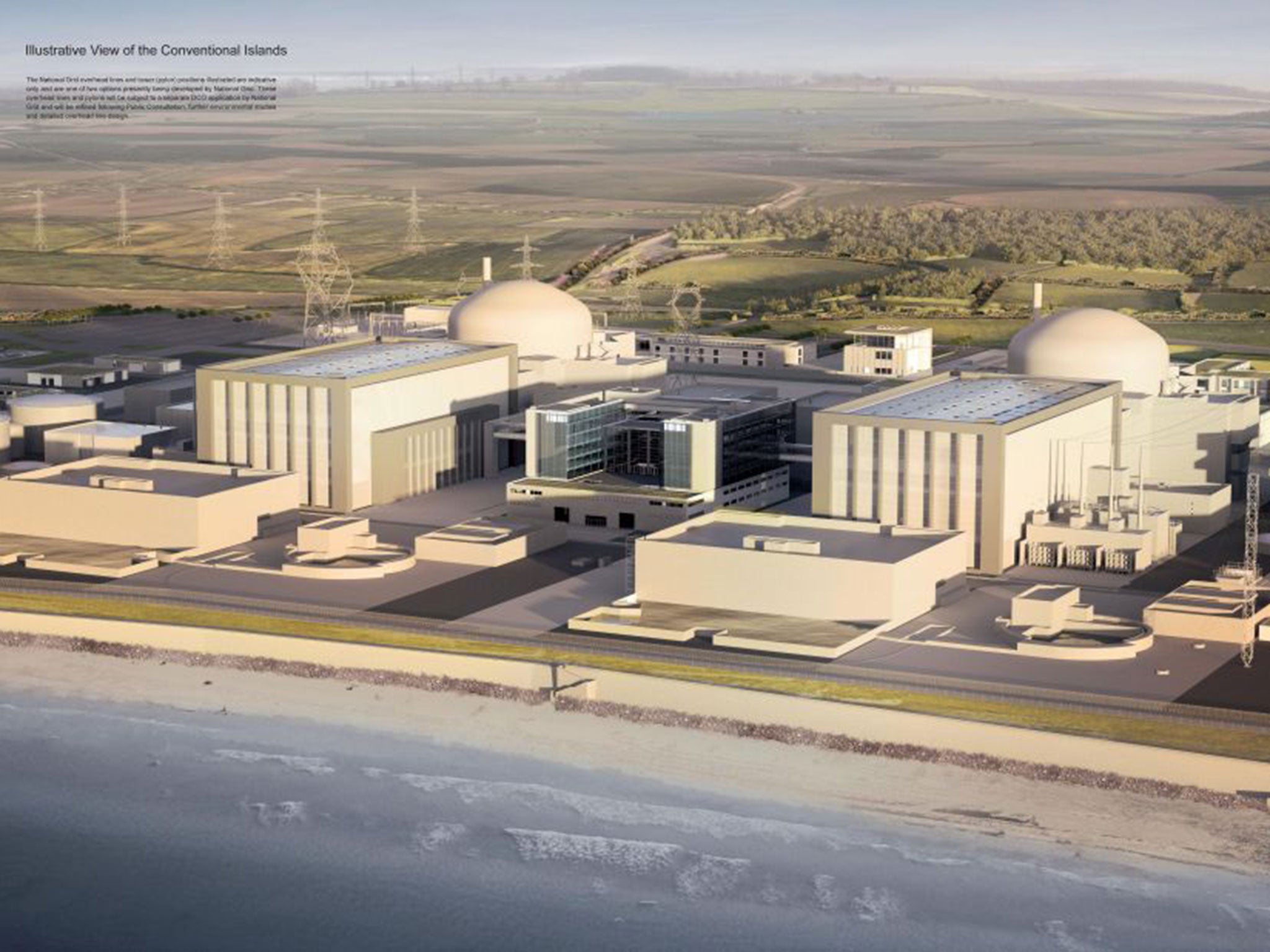If the nuclear button is finally pressed on Hinkley, who will guard the site?
Parliamentary Business

Addressing one of his favourite audiences, the Confederation of British Industry (CBI), and nine-tenths of the way into his premiership, Tony Blair was at his most vocally impetuous and brimming with the confidence forged by three general election victories. Nuclear power, he announced, was “back on the agenda with a vengeance”. The CBI’s then director-general, Digby Jones, could only agree, saying the prime minister was “absolutely right” that building a fleet of new nuclear power stations was the way to wean the UK off its dependence on gas imports from the Middle East, Africa and Russia.
A decade on, we still wait. This is the most disappointing “vengeance’ since Bruce Willis pulled on his dirt-ingrained white vest in 1995 to play New York cop John McClane for a third time. Of course, I exaggerate: Die Hard With A Vengeance was a good film that, unlike Hinkley Point C, moved at a brisk pace.
It seems astonishing now but Hinkley Point’s French owner vowed that the new plant – Hinkley’s third since “A” opened in the 1960s – would be built and generating 7 per cent of the UK’s electricity needs by Christmas next year. EDF Energy’s UK boss, Vincent de Rivaz, made that promise in 2007, before the timetable slipped back first to 2019 and then to 2025.
The last completed British nuclear station was Sizewell B in Suffolk, which opened in 1995, while older plants have stopped generating electricity or are preparing for decommissioning. Hinkley C is supposed to be the catalyst for a new fleet of reactors across the UK.
The plant was delayed by EDF’s protracted negotiations with the government over what, in effect, amounts to state aid through a guaranteed minimum price paid for its electricity; legal hurdles at the European Union level, including a challenge from anti-nuclear Austria; and attempts to shore up the funding for the project by selling a one-third stake to the Chinese.
Despite the problems, it was still a bit of a shock to see EDF’s board delay a meeting this week in which directors would have made what has been coined a “final investment decision” on the project. After all these years, EDF still doesn’t seem to be fully confident that billions of pounds of investment is worth the risk, and has delayed a decision for at least a month.
Greenpeace’s executive director, John Sauven, is surely right when he says this proves the board is “rattled” –though I doubt he will get his wish that this “could well signal curtains for Hinkley”. I suspect it will still get the green light, and even if it doesn’t, the Government will plough on with building reactors elsewhere.
Even if I’m wrong, Whitehall needs to prepare as though this is the case, given that cross-party policy for so long has been to bridge our yawning energy gap by building these stations. Maybe the whole plan collapses if EDF pulls out, maybe not.
This is what makes a parliamentary answer to a question by Clive Lewis this month all the more curious. The shadow energy spokesman is a high-flying Corbynista who, after only eight months as an MP, is already joint-fifth favourite to be the next Labour leader. He found that the deployment of officers at the Civil Nuclear Constabulary (CNC), both to protect sites and materials in transit, will fall from 1,113 this financial year to 931 by 2019-20.
The energy minister Andrea Leadsom (herself a possible contender for the Conservative leadership when David Cameron steps down) responded: “As sites move to decommissioning, the numbers of officers will fall, and will conversely increase as any new nuclear facilities come on line.”
Unsurprisingly, Mr Lewis took the opportunity to put the boot into George Osborne, saying: “The Chancellor promised he would protect the police but now we know they need to be protected from his cuts. Hundreds of the front-line officers who protect sensitive nuclear power stations and radioactive materials are facing the axe, even though these are top terrorist targets.”
Forgetting the politics, this is an important discovery because we should be training more of these specialist officers before these new reactors are built. As the CNC puts it, this is “a unique force with a unique role”. Instead, we seem happy to lose 16.35 per cent of those few who know how to protect nuclear sites.
As the delays lengthen, we have both a risk and an opportunity. Retirements and cuts mean we will lose much accumulated knowledge – better to keep them working and train the extra officers on site because we will need them later if Mr Blair’s promise of “vengeance” is, indeed, fulfilled. This is not going to be a huge cost to the exchequer; indeed, an answer to another of Mr Lewis’s questions shows CNC staff costs will rise from £71.3m to £87.2m by 2020, despite fewer deployed officers.
Still, given the rate at which EDF is going, there will be no sites left to protect before Hinkley C starts pumping out electricity.
Subscribe to Independent Premium to bookmark this article
Want to bookmark your favourite articles and stories to read or reference later? Start your Independent Premium subscription today.

Join our commenting forum
Join thought-provoking conversations, follow other Independent readers and see their replies